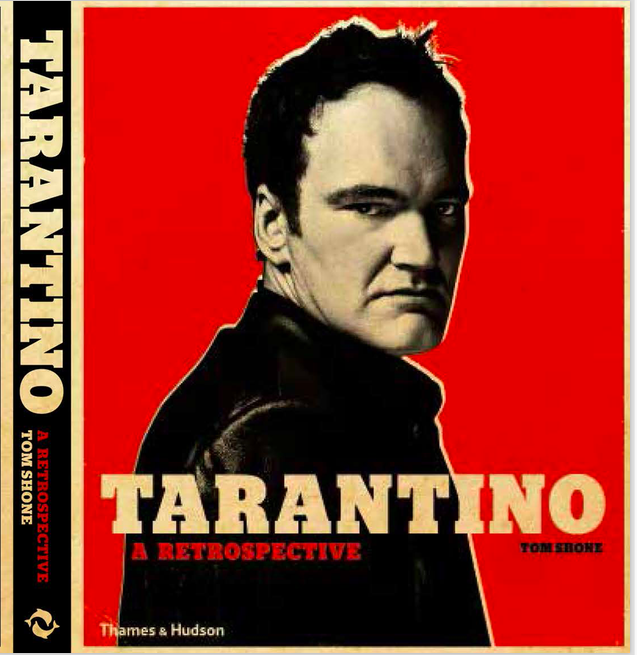A gaggle of
literary types have chimed at the New Yorker to conduct a "Forum on Likeability" in support of Claire Messud, who suffered the indignity of being ask if she would befriend
the protagonist of her new novel. She responded angrily:
"For heaven’s sake, what kind of question is that? Would you want to be friends with Humbert Humbert? Would you want to be friends with Mickey Sabbath? Saleem Sinai? Hamlet? Krapp? Oedipus? Oscar Wao? Antigone? Raskolnikov? Any of the characters in The Corrections? Any of the characters in Infinite Jest? Any of the characters in anything Pynchon has ever written? Or Martin Amis? Or Orhan Pamuk? Or Alice Munro, for that matter?"
Actually, the answer to most of those is yes. Maybe not the family in The Corrections, or anything that Pynchon has written, but yes to Sabbath, Raskolnikov, Hamlet and Krapp, and O don't see why not Oedipus. All of them strike me as very entertaining company. But everyone piles on the concept of "likeability" as if sensing their last chance to alienate anything resembling a general reader. Franzen:
I hate the concept of likeability—it gave us two terms of George Bush, whom a plurality of voters wanted to have a beer with, and Facebook. You’d unfriend a lot of people if you knew them as intimately and unsparingly as a good novel would.
Really? That's quite a statement: You’d unfriend a lot of people if you knew them as intimately and unsparingly as a good novel would. Why? I thought it was the artist's duty — or aim — to view their creations with the love and forgiveness accorded all God's creatures. Likeability is surely covered under that rubric. Only modern novelists mistake their pissy judgments of others for "the truth." It's why nobody reads modern fiction. Why I don't, anyway.





















Leerburg and Ed Frawley are well know names in family pet training.
ReplyDelete(around here anyway). Arrive across something that you're passionate about using.
Also visit my page adwokat warszawa